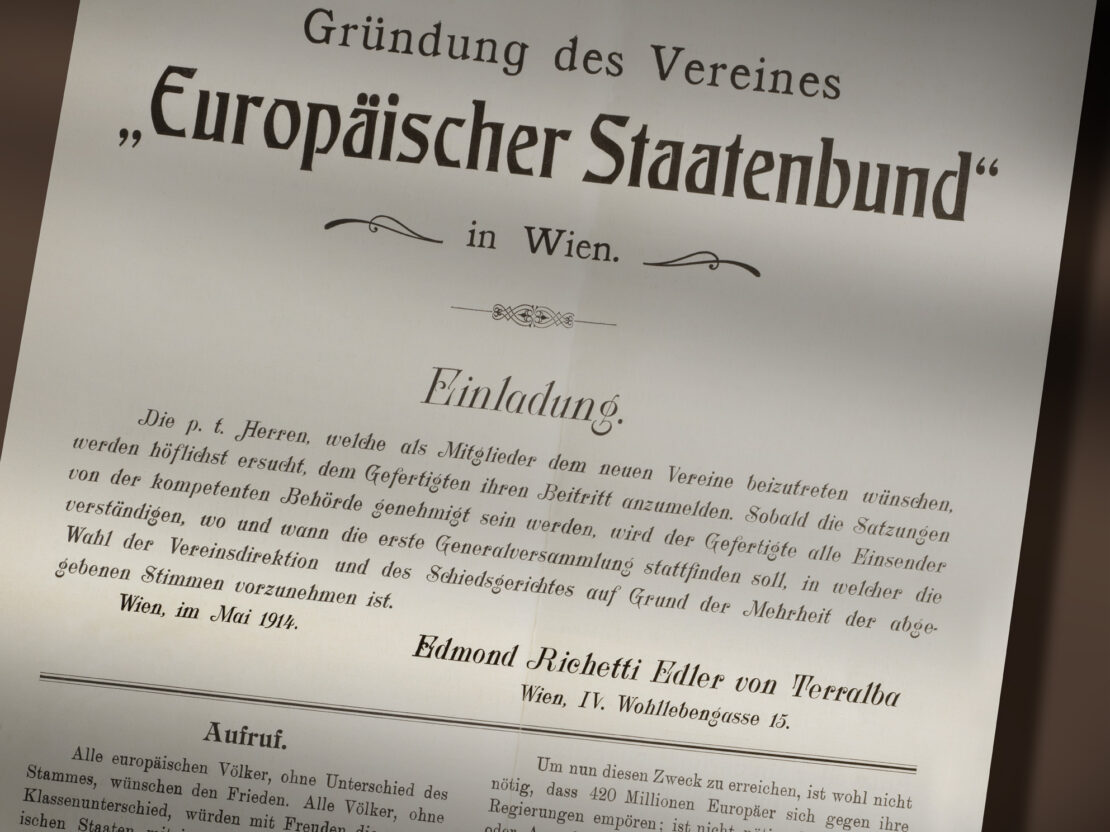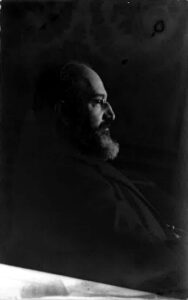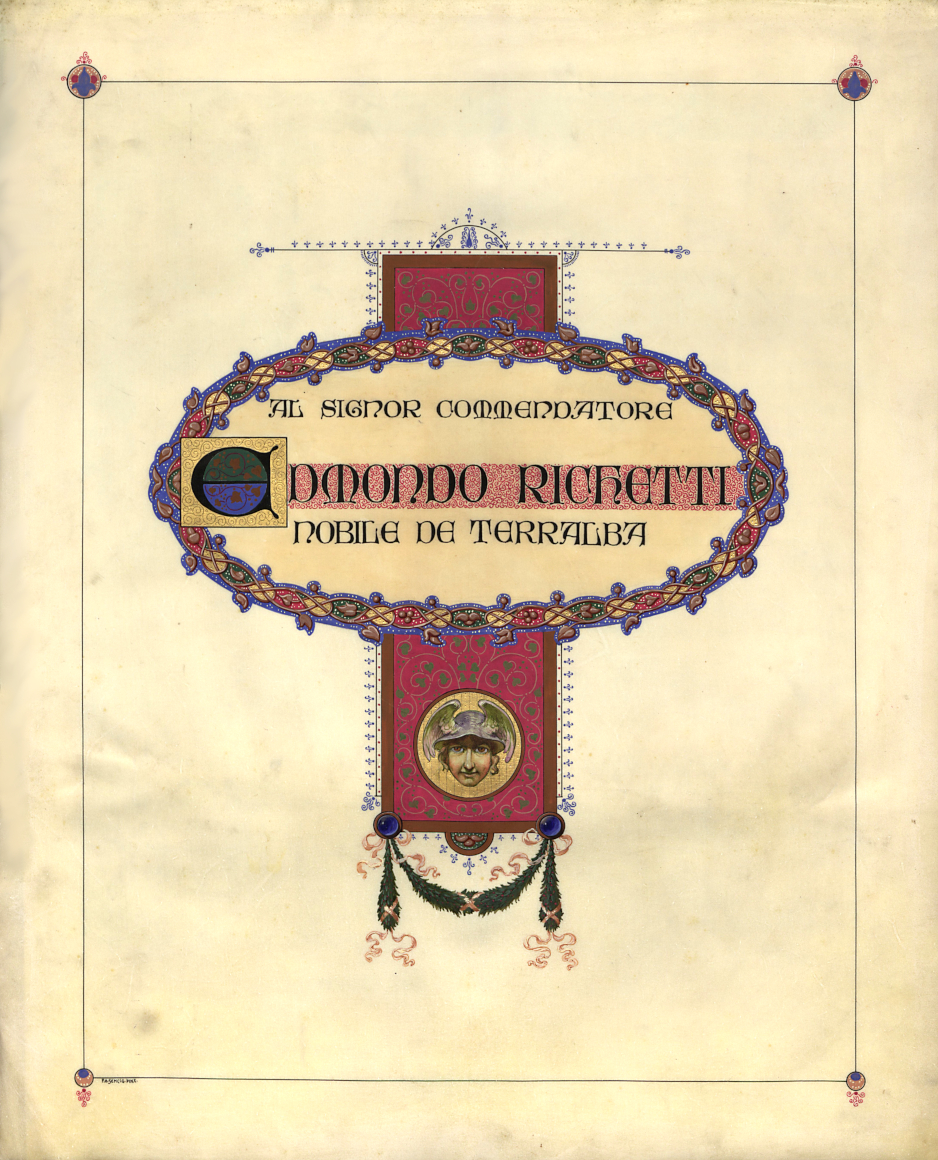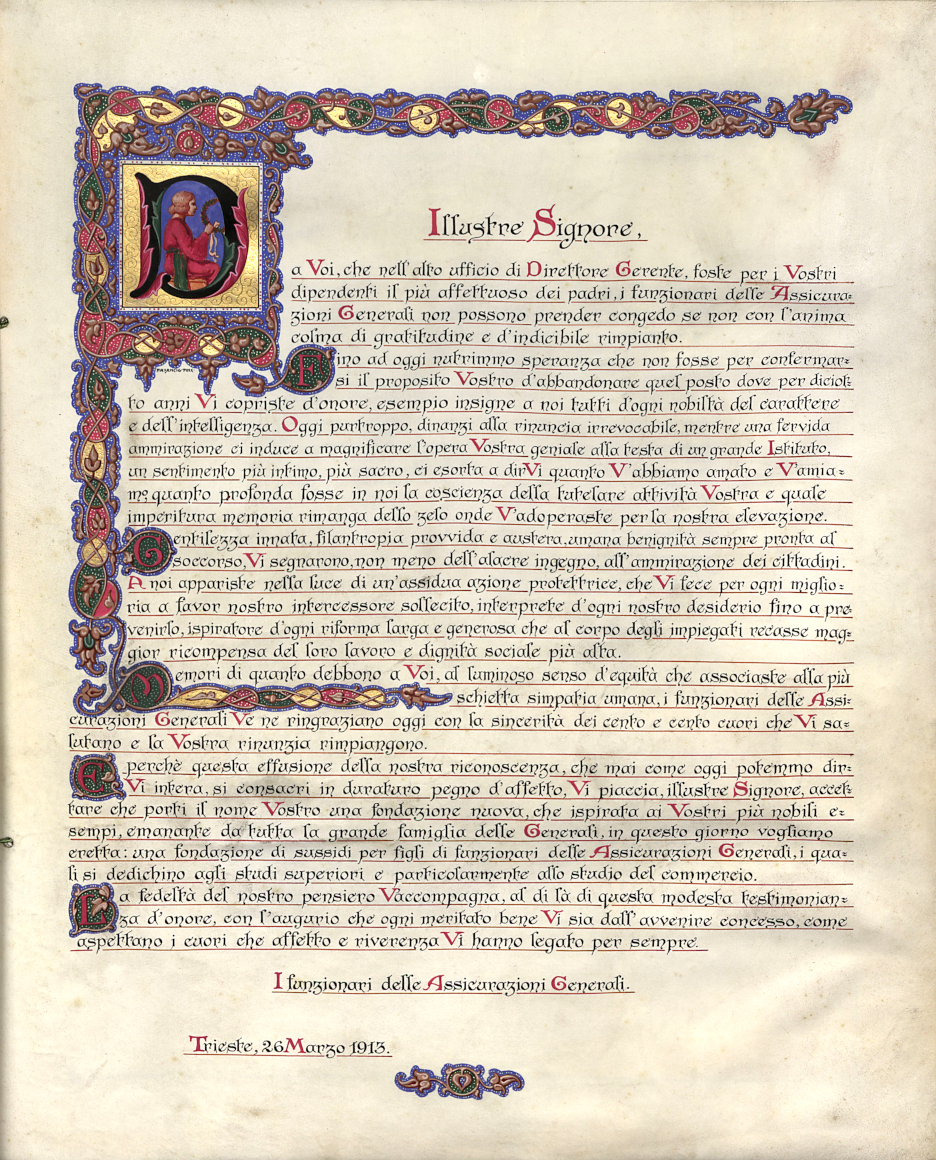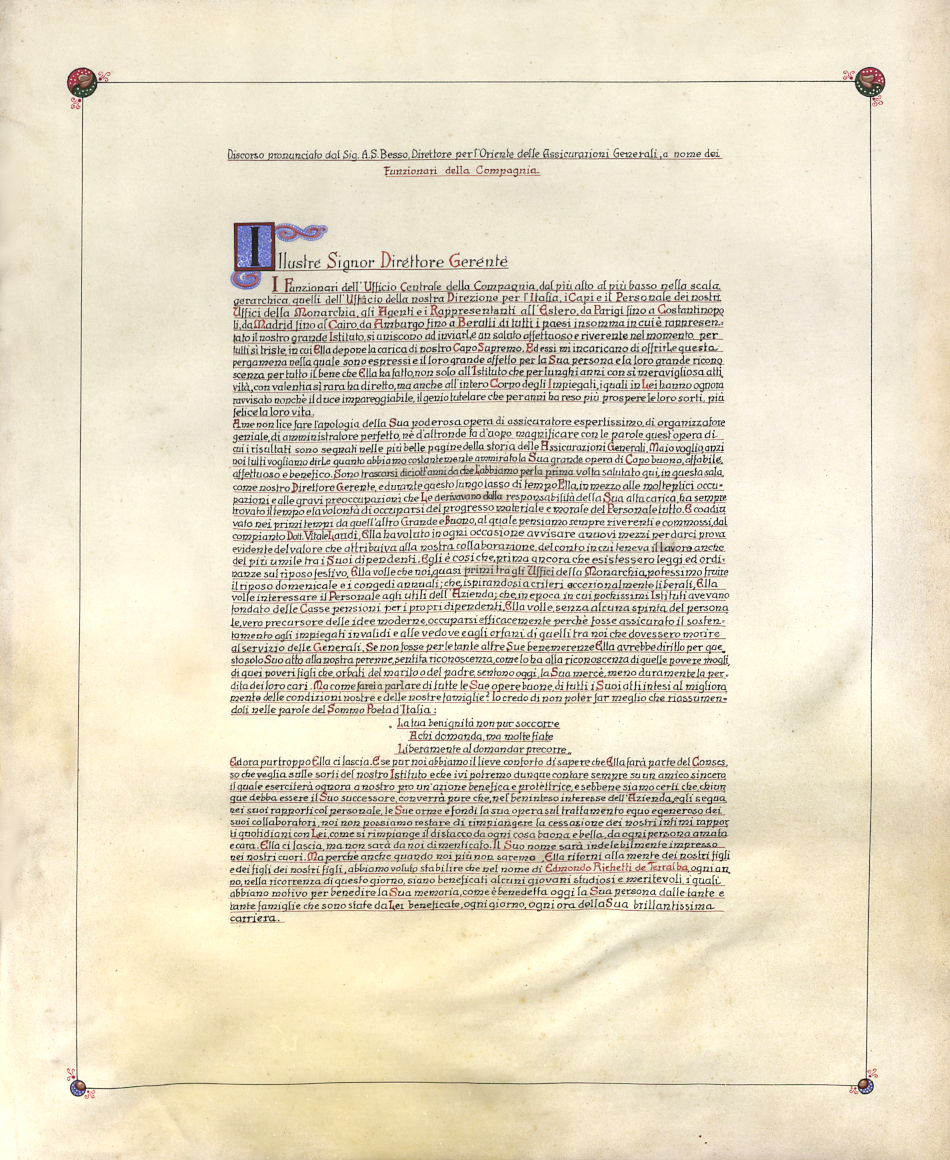“All the peoples of Europe desire peace”: a pacifist manifesto in the Generali Historical Archive
15 February 2021
“All the peoples of Europe, regardless of origin, desire peace. All peoples, of every class, wish to see the European states united and linked together to avert the horrors of war” (transl.)
These are the opening words of a remarkable printed booklet in the file of the Secretary General, Edmondo Richetti. Personnel files often contain documents of great interest, such as this printed invitation from Richetti to attend the founding session of the Europäischer Staatenbund (Union of European States), which he promoted in Vienna in May 1914 because “It’s not war we want, but peace; not monstrous expenditures on armies that lead peoples into misery, but economic recovery and the well-being of peoples”.
On the eve of the outbreak of the First World War, Richetti invited citizens from all over Europe to join the Europäischer Staatenbund: “Organisieren wir uns in eine grosse Vereinigung“, was his battle cry, “let us build a great organisation” with members in every corner of Europe.
The booklet is almost prophetic, astonishingly modern, in fact, in seeming to anticipate by half a century the highest ideals of the spirit of the European Community as an antidote to war. It envisages a European union built from below, using peaceful means rather than war or revolution to oblige European governments to make drastic changes to their economic policies.
It is a complex and highly idealistic document, with statistics and numbers throughout. Although published in Vienna, it cites the British prime minister of the time, H.H. Asquith, more often than Emperor Franz Joseph. It attempts to present potentially disruptive socio-economic changes as normal and claims to oppose war and revolution, despite the revolutionary nature of its pacifism.
In the fifteen pages of the booklet, printed by the Buchdruckerei of the Mechitarists (Armenian Christians) of Vienna, Richetti outlined the organisation’s four main objectives: disarmament, compulsory life insurance for all citizens, a single direct tax rate, and free circulation of essential goods. In its idealism the pamphlet certainly owed something to the pacifist ideas of the period, even if its aversion to war, revolution and anarchy was motivated by economic concerns. It brought Richetti to the notice of the British essayist Norman Angell, winner of the 1933 Nobel Peace Prize, and the American magnate and philanthropist Andrew Carnegie, both cited in the Staatenbund.
The events in Sarajevo, and the outbreak of the First World War, gave the project a fresh impetus. Richetti died on 12 August 1914, living long enough to see the principal European states declare war on each other.
For further information see: R. SPADA, Long Live the Secretaries. Edmondo Richetti, the Pacifist in Generali in History. Tales from the Archive. Twentieth Century, Venice, Marsilio, 2016, pp. 68-75).
